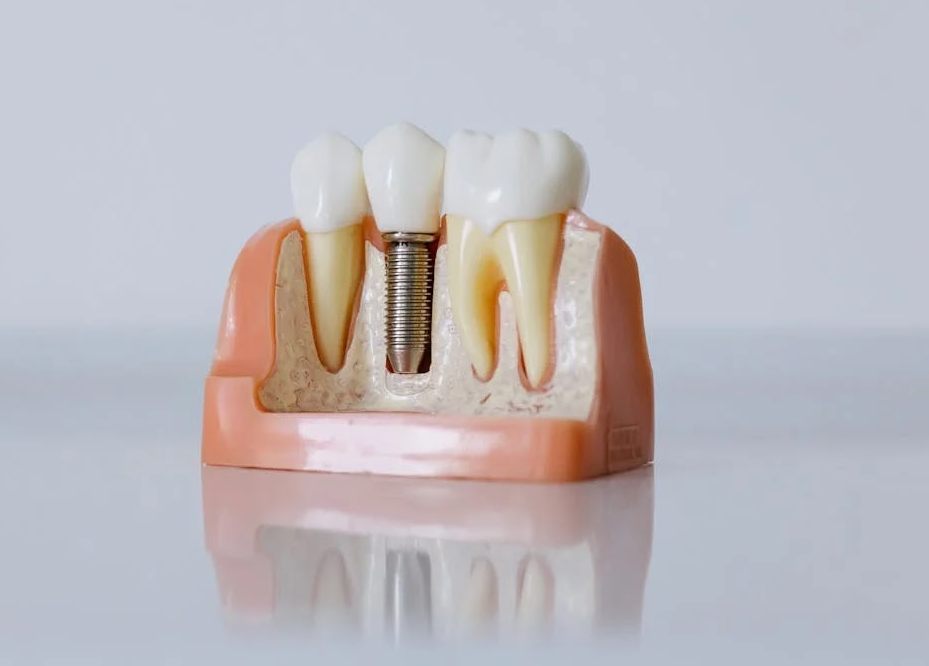If you’re thinking about getting dental implants, you’ve probably heard about the necessity of selecting the correct material. After all, dental implants are a long-term solution for missing teeth, so you must choose a material that is both durable and biocompatible.
The Importance of Selecting the Right Material
Dental implants function similarly to prosthetic tooth roots. They’re inserted into the jawbone to support a prosthetic tooth. These implants are a long-term remedy for missing teeth and can survive for many years with careful care.
However, the success of dental implants is heavily dependent on the material chosen. Poor material selection might result in issues such as implant failure, infection, and even rejection by the body. As a result, it is critical to thoroughly analyze all considerations before selecting the finest material for your dental implants.
Criteria for Determining Treatment Success
What criteria are used to determine the success of the treatment of an implant? Several factors influence the success of a dental implant procedure, including:
- Osseointegration. It’s the process by which the implant fuses with the jawbone, resulting in stability and strength;
- Biocompatibility. The material employed should be well accepted by the body and produce no negative effects;
- Durability. Dental implants should withstand chewing pressures and last for an extended amount of time;
- Aesthetics. For a seamless smile, the material used should closely match the natural color and appearance of adjoining teeth.
What materials are utilized for dental implants? Based on these parameters, let’s look at the most widely used materials in dental implants.
Titanium implants
Titanium’s unique qualities have made it widely used in medical and dental procedures for many decades. It is the most common material for dental implants due to its lightweight, strength, and biocompatibility. Furthermore, titanium has the potential to osseointegrate with bone tissue, ensuring the stability of the implant. Titanium dental implants have a success rate of approximately 95%, making them a trustworthy material in the field of dentistry.
Zirconia implants
Zirconia is a relatively new substance that has been popular in recent years. It is a strong, long-lasting, and biocompatible ceramic substance. Zirconia dental implants are preferred for replacing front teeth because of their natural appearance.
One of the primary benefits of zirconia implants is their ability to blend in perfectly with the neighboring teeth thanks to their tooth-colored look. However, it has a lesser success rate than titanium implants, with an average of 85%.
Porcelain-fused-to-metal (PFM) implants
As the name implies, PFM implants are constructed of two materials: porcelain and metal. The metal component adds strength and longevity, and the porcelain component gives the implant a natural appearance.
PFM implants have been utilized for many years and have a success rate of approximately 90%. However, there are several disadvantages to this substance. The metal component can trigger allergic reactions in certain people, and the porcelain may chip or shatter with time.
Ceramic implants
Ceramic implants are comparable to zirconia implants in composition. They are made of alumina, a ceramic substance recognized for its durability and biocompatibility. Ceramic implants have a success rate of around 90%, making them an excellent choice for people who are allergic to metals.
Ceramic implants, such as zirconia implants, have lower success rates than titanium implants. They are also more susceptible to fracture or breakage because of their brittleness.
The optimum material for dental implants is ultimately determined by the patient’s needs and preferences. Titanium implants are still the most popular and successful type of dental implant due to their long history and high success rate. However, other materials such as zirconia, PFM, and ceramic are gaining favor due to their aesthetic appeal and biocompatibility.
Before selecting the material for your dental implants, you should consult with your dentist and thoroughly consider all variables. Dental implants, with proper care, provide a long-term replacement for lost teeth while also improving overall oral health.





































No Comments